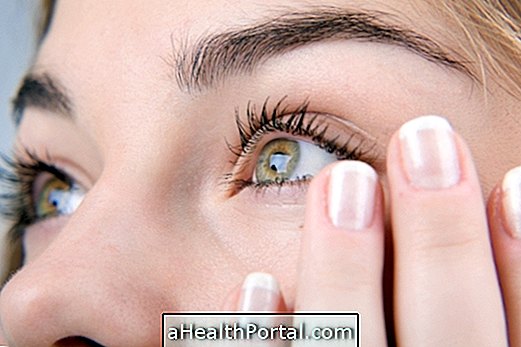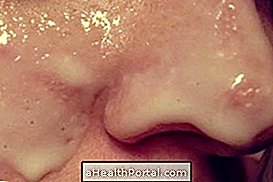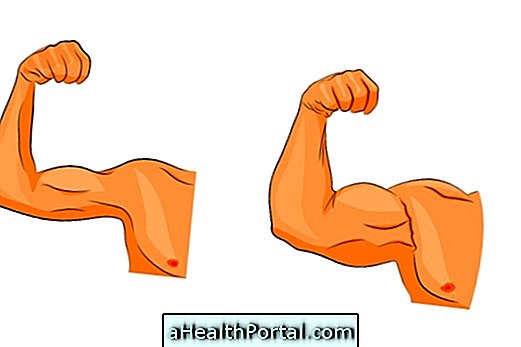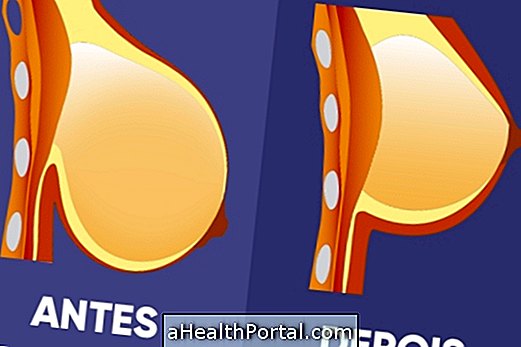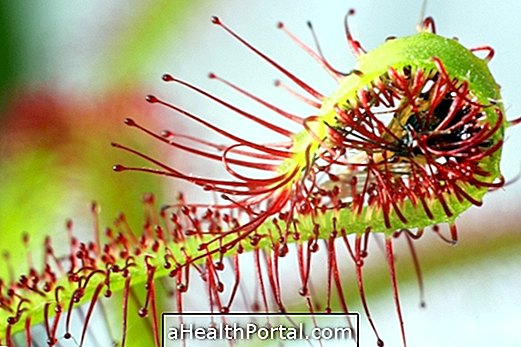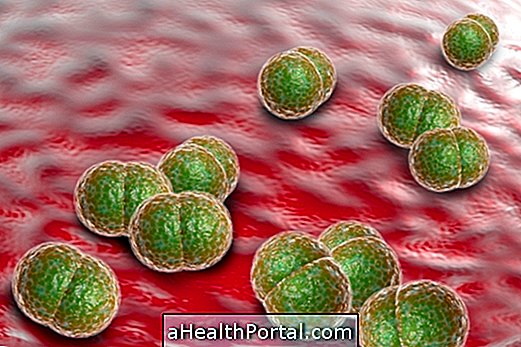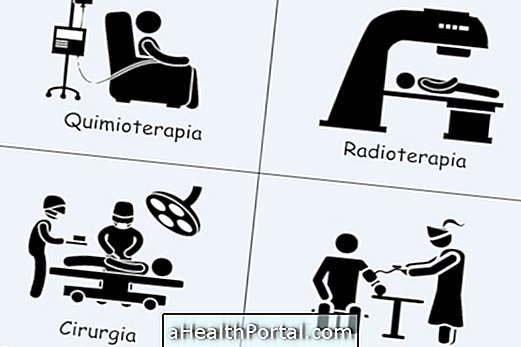Hair loss is a natural process that is part of the hair growth cycle and therefore it is normal for the individual not to notice that he loses between 60 and 100 hairs per day.
Hair loss can be worrying when it is excessive, ie when you lose more than 100 strands of hair a day, as it can be caused by hormonal changes, stress, lack of vitamins or anemia, for example.
Main causes of hair loss
Excessive hair loss can be caused by:
- Food poor in nutrients and vitamins: proteins, zinc, iron, vitamin A and vitamin C help in capillary growth and strengthening, so a diet low in these nutrients favors hair loss;
- Stress and anxiety: Stress and anxiety increase the levels of cortisone and adrenaline that inhibit yarn growth, causing excessive fall;
- Genetic factors: Excessive hair loss can be inherited from parents;
- Aging process: Menopause in women and andropause in men may increase hair loss due to hormone decrease;
- Anemia: Iron deficiency anemia can cause excessive hair loss because iron helps oxygenate tissues, including the scalp;
- Use of chemicals in the hair or hairstyles too attached to the scalp: they can attack the hair strands, favoring their fall;
- Use of medicines: medicines like warfarin, heparin, propylthiouracil, carbimazole, vitamin A, isotretinoin, acitretin, lithium, beta blockers, colchicine, amphetamines and anticancer drugs can favor hair loss;
- Fungus infection : infection of the scalp by fungi, called a had or ringworm, can favor excessive hair loss;
- Postpartum: Decreased hormone levels after childbirth can result in hair loss;
- Some diseases such as lupus, hypothyroidism, hyperthyroidism or alopecia areata. Learn more at: Alopecia areata.
In these cases, it is recommended to consult the dermatologist to identify the cause and guide the treatment that can be done with adequate nutrition, remedies, nutritional supplements, shampoos, aesthetic techniques such as carboxitherapy or laser, or surgical techniques such as implant or hair transplant.

